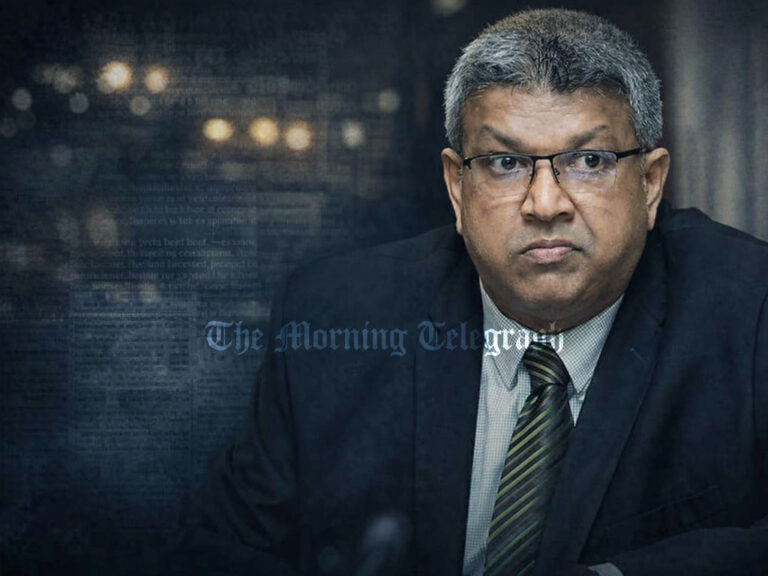
In an unusual but telling moment for Sri Lanka’s evolving energy grid, the Ceylon Electricity Board (CEB) made a humble request to the public during the Sinhala and Tamil New Year holidays: please unplug your solar panels—just for a while. Surprisingly, many did.
While the idea may have triggered a few laughs at first, the reasoning behind the request was serious. During peak daylight hours, from April 13th until around 3:00 p.m., the CEB urged rooftop solar users across the island to temporarily deactivate their systems. The goal? To protect the integrity of the national grid from an unexpected issue—too much power.
Yes, you read that right.
In a country still haunted by memories of blackouts and fuel shortages, the notion of “too much electricity” seems almost ironic. But during periods of intense sunlight and low energy usage—like on festive holidays—solar panels flood the grid with electricity no one is actually consuming. That excess power, when unmanaged, creates a technical dilemma. It can destabilize the system and even trigger outages or a full-scale grid collapse.
The request wasn’t about rationing, but regulation. And according to the CEB’s own spokesperson, it worked.
“We don’t track individual homes,” the official clarified. “But from what we’ve seen on our monitoring systems, public support was strong. The pressure eased. That’s progress.”
The numbers give the request even more context. Seven million rooftop solar users are now connected to Sri Lanka’s power system. And when they all start feeding electricity into the grid while demand is low, the surge can overload infrastructure that was never designed for reverse energy flows at that scale.
While the CEB’s message may have seemed informal—just a quiet plea sent via text message—it reflected a larger truth: Sri Lanka is entering a new energy chapter. One where even home-based solar users play a critical role in national stability.
But the episode also underscores the paradox of green energy transitions. In pushing for widespread solar adoption, countries like Sri Lanka must also modernize the grid, enhance storage capacity, and create smarter energy balancing systems that can handle not just scarcity—but abundance.
In the meantime, the CEB issued another message just yesterday, reminding users that they only need to disconnect if they receive a direct SMS alert from the board. In other words, don’t panic—just unplug if asked.
So while some chuckled at the idea of switching off free sunlight, many citizens responded with quiet responsibility. And in a time when public cooperation often seems elusive, that’s no small thing.
The takeaway? Sri Lanka’s solar revolution isn’t just about panels on rooftops—it’s about people learning to share the sun.




